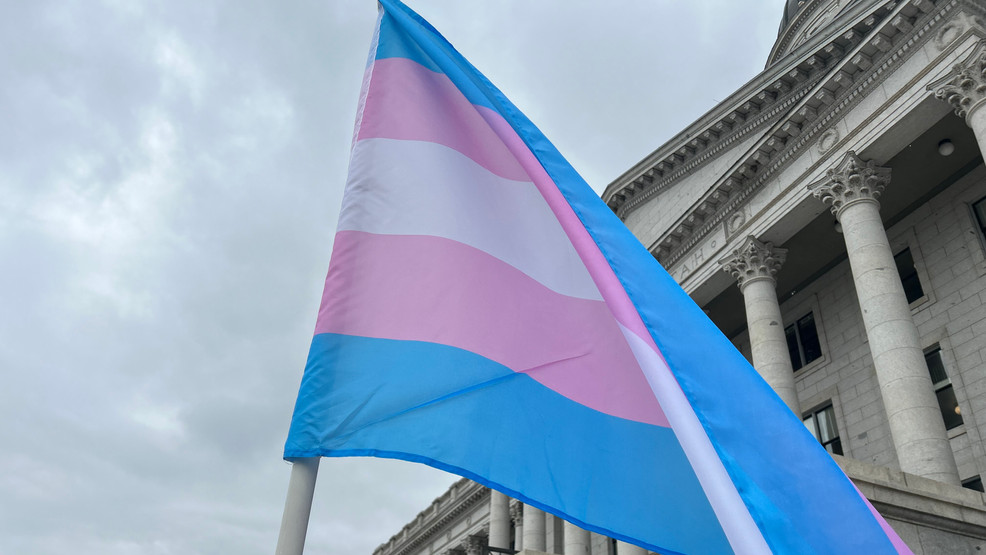
SALT LAKE CITY (TND) — Utah had the third-highest increase in gender dysphoria diagnoses nationwide from 2018 to 2022, according to a Definitive Healthcare report.
The state saw a 193% bump in diagnoses, second only to Virginia and Indiana, which had respective increases of 274% and 247%.
Utah’s surge in gender dysphoria diagnoses peaked in 2021 with a 45% rise. The following year, the state saw an 18% increase.
Definitive Healthcare notes “shifting” social and political climates may steer patients to seek diagnoses in states deemed more receptive to transgender people. A disparity in access to care leads to “devastating” consequences for the transgender population, according to the report.
“As a result, trans people are at a higher risk of developing mental and behavioral health issues, sexually transmitted infections, substance use and abuse, and chronic health issues,” Definitive Healthcare argued. “More broadly, trans people are more likely to experience domestic violence, sexual abuse, and homelessness than their cisgender peers.”
Rural areas are less likely to provide gender-affirming care, according to the report. Approximately 23% of patients who received a referral for mental health help in a rural location obtained care there. Definitive Healthcare points out rural Americans struggle to access doctors due to limited infrastructure and low population density.
“As access to primary care narrows, specialists tend to follow, leaving rural trans patients with fewer and fewer options for gender-affirming care,” the report states.
Definitive Healthcare also found transgender people in rural areas are nearly three times more likely than cisgender individuals to have a disability and twice as likely to be uninsured. They are also more prone to live in poverty or without a job, according to 2019 research from the Movement Advancement Project.
The report stated transgender patients have encountered barriers to health care in the past. A lack of specialists in transgender care, disproportionate economic obstacles, inconsistent payor coverage for mental health, shortages of hormones and social stigma have plagued the community, according to the report.
Last year, Utah lawmakers banned gender-affirming care for minors. Advocates of the ban argue such surgeries are inappropriate and “chemically castrate,” “sterilize” and “surgically mutilate” children.
Lawmakers in other states seemingly agree, including in New Hampshire.
“When people have problems with their genitals that need to be addressed, that should be addressed,” New Hampshire State Rep. Jonah Wheeler, D-Peterborough, who pushed for a state ban on such procedures, said earlier this month. “But, when we’re talking about whether or not kids should get these surgeries, I think that goes a bridge too far.”
At least 22 states have implemented gender-affirming care bans impacting minors, with over 35% of transgender youth reportedly living in those areas.



